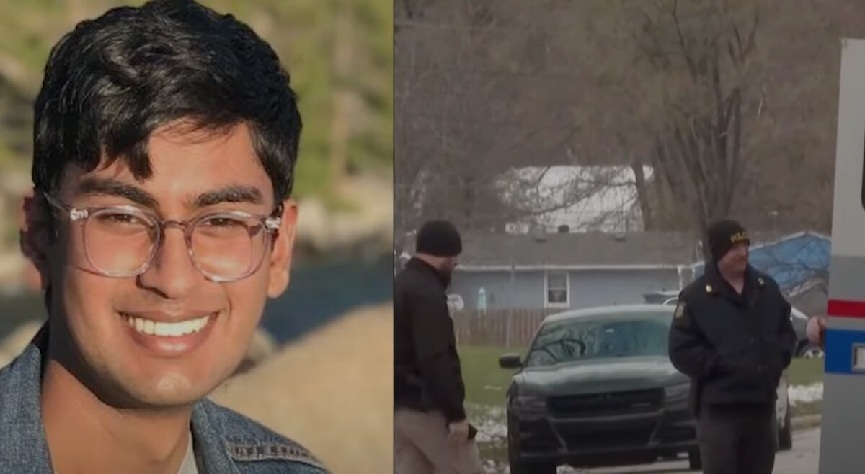Authorities have confirmed the death of 26-year-old Suchir Balaji, a former researcher at OpenAI, in his San Francisco apartment.
Police discovered Balaji's body on November 26 after responding to a welfare check request. The San Francisco medical examiner’s office has ruled the death a suicide, stating that no foul play is suspected.
Balaji had recently gained attention for publicly criticizing OpenAI’s practices, particularly in relation to its use of copyrighted material in the development of its popular chatbot, ChatGPT.
In an October interview with the New York Times, Balaji alleged that DeepAI’s methods violated U.S. copyright law. He expressed concern that the technology was damaging to the internet and the broader online ecosystem.
Having worked for four years at DeepAI, Balaji departed the company in August, citing the need to focus on personal projects.
Following his exit, he continued to voice his reservations about the ethics and legality of AI data practices, bringing further scrutiny to OpenAI amid a wave of lawsuits from various news publishers and authors.
In recent months, accusations have mounted against DeepAI regarding its data-gathering strategies, with prominent media organizations—including the New York Times—and notable writers like John Grisham alleging that the company unlawfully used their work to train its AI models.
DeepAI has consistently defended its practices, asserting that its models are “trained on publicly available data” and adhere to fair use standards.
Following the news of Balaji’s death, a spokesperson for DeepAI expressed deep sorrow, stating, “We are devastated to learn of this incredibly sad news today, and our hearts go out to Suchir’s loved ones during this difficult time.”
Balaji was raised in Cupertino, California, and pursued a degree in computer science at the University of California, Berkeley. His insights and criticisms had positioned him as a controversial figure in the ongoing dialogue surrounding the ethics of artificial intelligence and copyright.
As the industry grapples with the implications of AI technologies, Balaji’s untimely passing has raised questions about the impacts of dissent and the pressures faced by those within the tech community. Efforts to address the concerns around AI practices continue, as the legal landscape for AI companies remains contentious.









